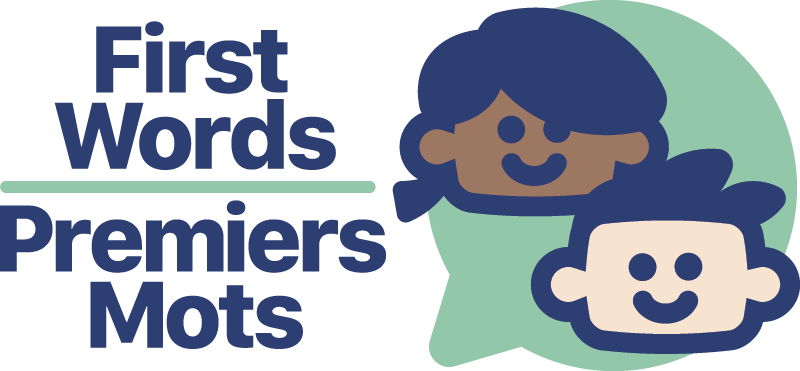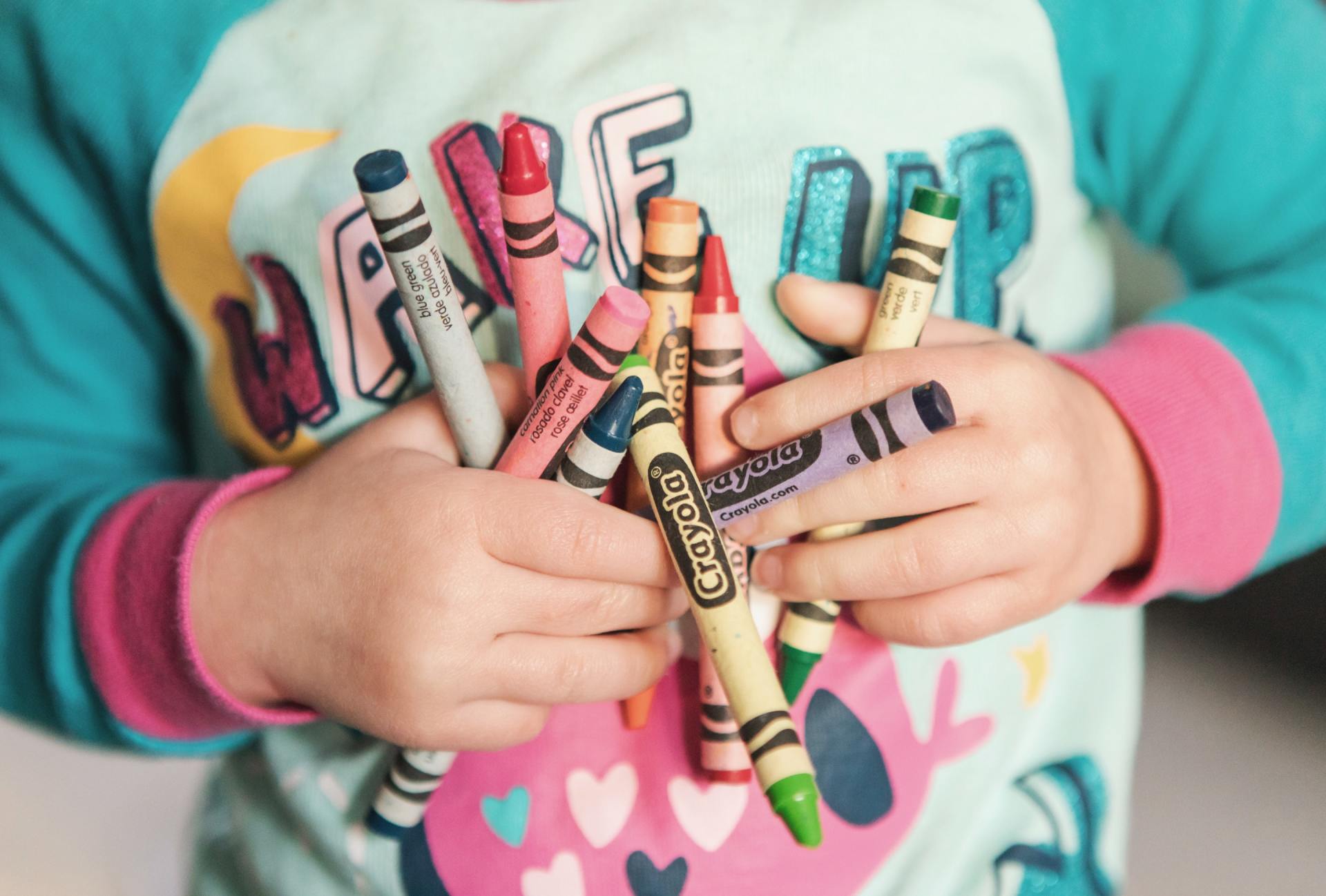Using Play To Promote Language
First Words Ottawa & Renfrew County • March 25, 2020
Play builds language. Through games, a child seeks out a playmate, follows a set of rules, negotiates, takes turns, cooperates and accepts an outcome at the end. All those skills are closely linked to communication. It is never too soon to start playing with your child.
- Play together - You are the best toy in the house. Be playful! Get your child’s attention by using an excited voice, fun words (e.g. “weee!”), gestures and facial expressions. “Peek-a-boo”or hide-and-seek help your child pay attention to you, take turns and learn new words.
- Play with toys - Instead of watching from the sidelines, get down on the floor. Get your own toy and copy what your child is doing. Add words and make up stories. At clean up time, talk about the toys and group them by category into the bins (e.g.“farm animals”, “tool” toys, “soft” toys, etc.).
- Play all day - Turn chores into fun. As your child throws clothes into the laundry basket, add words to her actions (e.g. “You threw it REALLY high.) and what you see (e.g. “The sock goes in the basket”). Have your child make a sandwich or popcorn.Talk about the steps. Use words like: “first, after, then, at the end”.
- Active play - Get physical and imitate him. Take turns jumping off the steps (e.g. “my turn, your turn”). Add words to actions(e.g.. “I’m jumping. You’re climbing.”). Talk about spatial concepts (e.g. “The ball is in the hoop”, “slide down”).
- Sensory play - Shaving cream, rice bins, play dough….talk about how they feel and look. Use descriptive words (e.g. It feels wet, thick, squishy, etc.).
- Pretend play - Model simple pretend actions (e.g., feed a doll, battle a monster) for your child. Turn a life situation into a pretend game (e.g. Your child has hurt her knee, call in the “Body part store” and order a new knee, size 3. Have it delivered home and tip the delivery man.). Reverse the roles (e.g. Pretend to be a child who doesn’t want to go to bed. Let your child pretend to be the parent.).
- Play sound and word games - Get silly with sounds (“Sam soon saw the sun.”) and rhyming games (“Matt the cat”). Play 20 questions or ask riddles to expand your preschooler’s complex language and memory skills. Play board games with rules(e.g. Snakes and Ladders, etc.) or car games (e.g. I spy).

Although young babies don’t understand the meaning of your words, they understand a lot by the way that you touch and hold them. They also learn from the expression on your face, the tone of your voice and the gestures that you make. Remember it is by talking to them that they learn words. Surround your baby with words when you feed, diaper and play with them.





